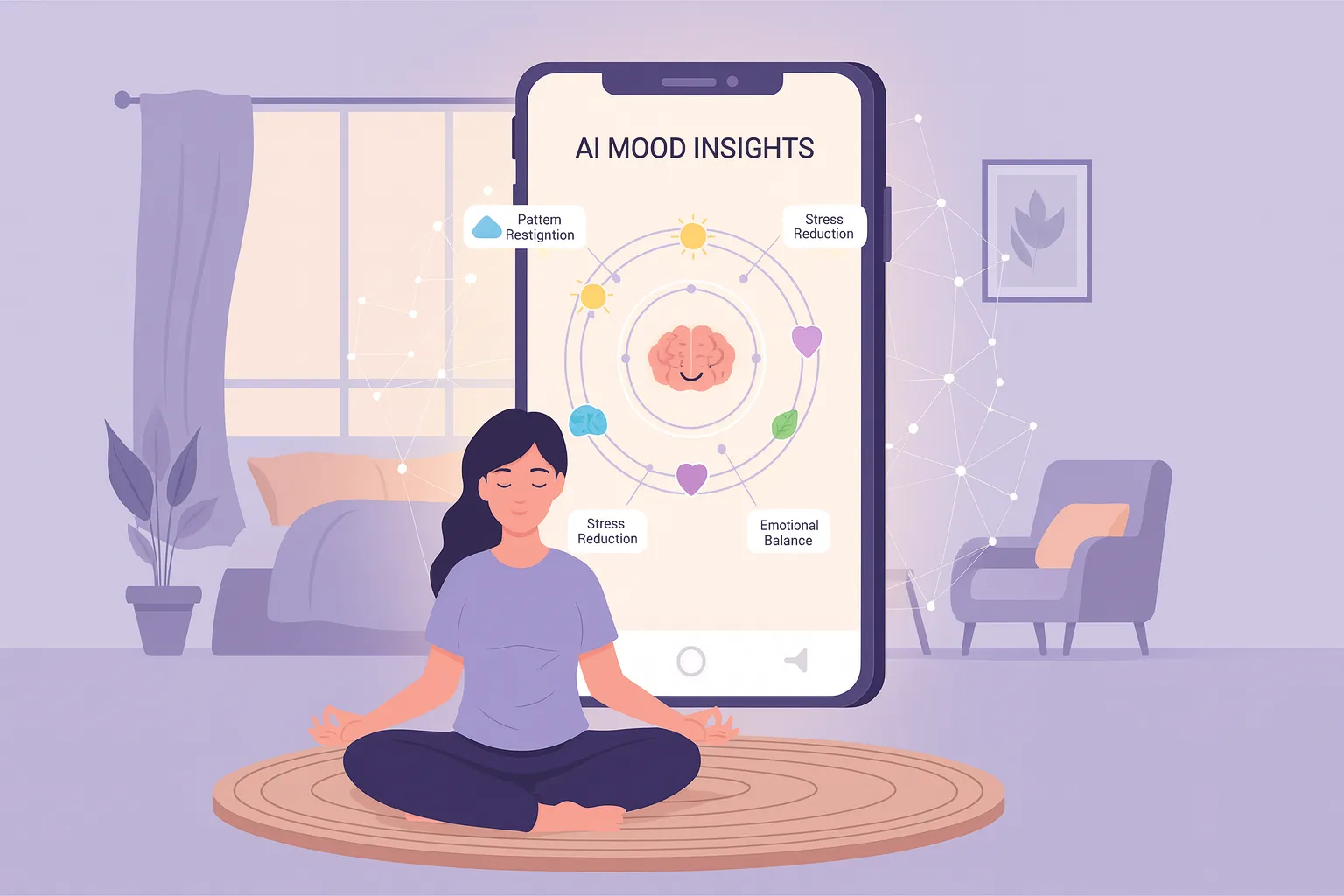When preparing for any surgery, one of the most important steps is the informed consent process. This is when the doctor explains what the procedure involves, the possible risks, and what to expect during recovery.
But let’s be honest: it’s not always easy to understand everything said in a short consultation. Anxiety, medical jargon, and stress can make patients forget details, which may increase fear and even affect recovery.
So, could a patient education video make informed consent clearer and more effective?
How Did Researchers Test This?
A research team at Melbourne University Hospital studied women waiting for a total laparoscopic hysterectomy, a minimally invasive surgery to remove the uterus (Wong et al., 2025). They divided participants into two groups:
- One group received the doctor’s usual verbal consent explanation.
- The other group received the same explanation plus an 11-minute educational video with images, text, and audio covering the surgery, its risks, and the recovery process.
The goal of the study was to investigate whether a multimedia video could help patients better understand the procedure without increasing anxiety. Afterward, all patients completed a knowledge questionnaire and an anxiety scale about surgery.
What Did the Study Find?
- → At the start, both groups had similar knowledge.
- → After watching the surgery consent video, the video group scored significantly higher on understanding.
- → Even four weeks later, they remembered more details than those who only had the verbal explanation.
- → Importantly, anxiety did not increase. Over 90% of patients said they would prefer both the doctor’s explanation and a video in the future.
This demonstrates that multimedia consent tools can enhance the patient education experience without adding stress.
Why Is Informed Consent So Important?
Informed consent in surgery is more than just signing a paper. It’s a patient right and a tool that helps people make safe, confident decisions.
This study highlights how multimedia consent tools can:
- Improve patient understanding of complex procedures.
- Make information clearer and more consistent.
- Increase confidence before surgery, without raising fear.
Final Thoughts
An educational video will never replace a direct conversation with your doctor. But it can be a powerful ally for both patients and healthcare teams, making the surgical consent process more transparent and less stressful.
Just imagine leaving the hospital and being able to review the surgery explanation at home, calmly and at your own pace.
The future of informed consent for surgery may combine traditional consultation with digital tools that help patients feel informed, safe, and supported.
At PRECARE, we provide educational videos that help patients better understand surgical procedures and support the informed consent process. Our content can be customized for any health condition or procedure, including gynecological surgeries such as hysteroscopy.
Learn more about our gynecological surgery videos!



